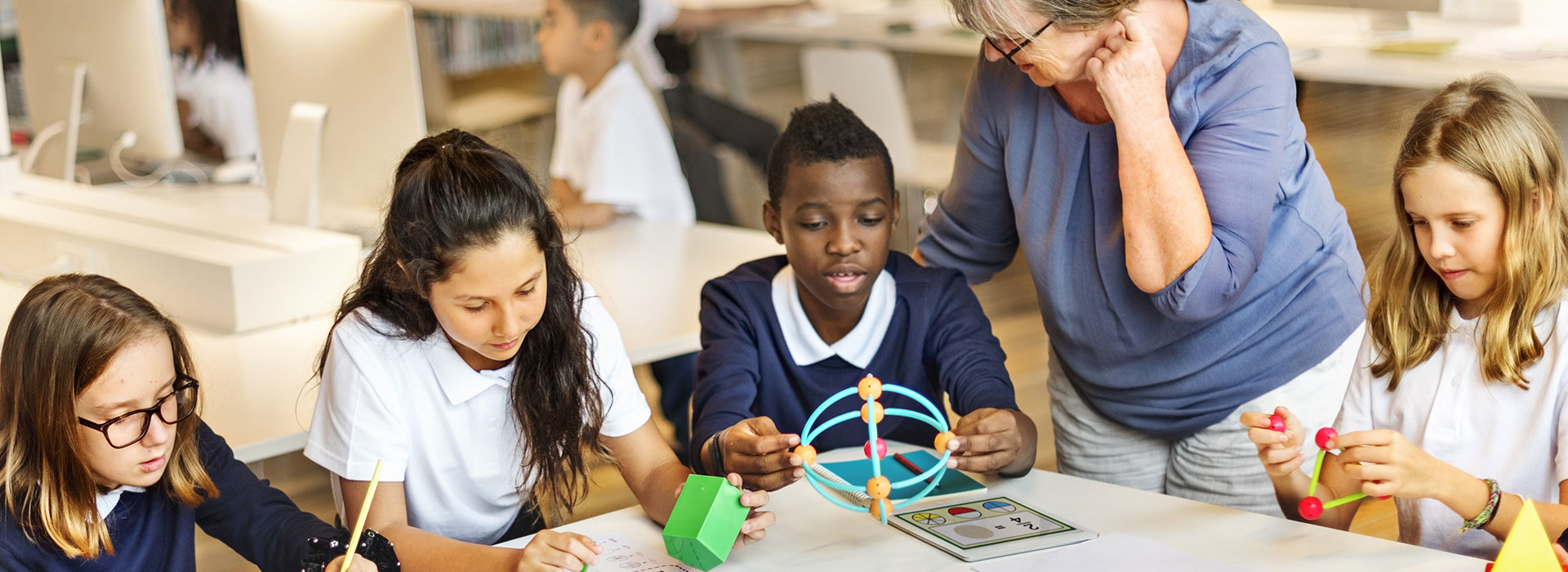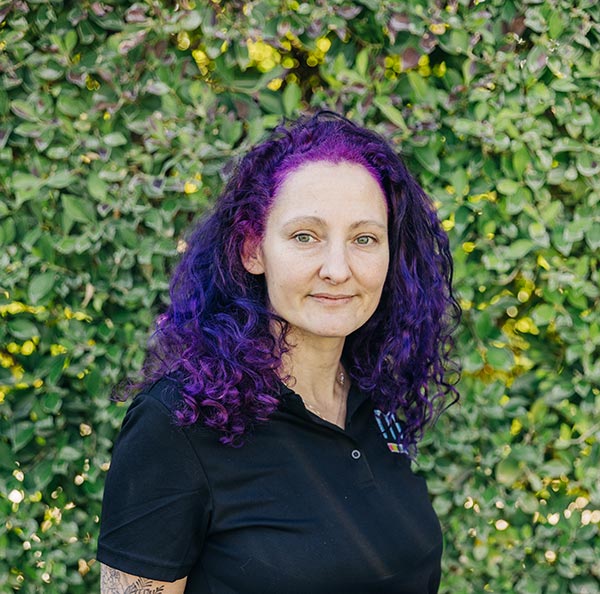Weeks have gone by and students have been hard at work on an important project that helps the teacher, students and parents learn how well students understand the concepts taught that term.
The due date arrives and the projects are submitted.
The next day in class upon entry to the room, one student curiously nudges the teacher, “What did I get on the project?”
The teacher smiles and replies, “What did you learn from doing the project?”
The student launches into a minute-long diatribe of the completed tasks and the teacher, more urgently this time insists, “no, what did you actually learn? How did you apply the concepts? What can you bring to future learning as a result of this experience?”
The student still confused, answers the question again and walks to his seat.
The way school is currently set up, students are trained to expect a grade at the end of a multitude of learning experiences both formative and summative. But giving grades on learning experiences ends the learning for that cycle. As soon as a student sees a grade, the system has taught them that they are moving on to something else.
If we are truly committed to changing the way we communicate learning, we must be invested in changing the way we talk about achievement, giving all the stakeholders the vocabulary to understand the standards and levels of mastery.
In order to really place emphasis on what matters most, the learning, we need to shift a few things about the way we communicate with students every day.
Here are some ideas:
- Stop grading everything that gets submitted and instead provide specific feedback aligned with success criteria and/or standards
- Teach students the language of the standards and use them in the lessons you teach.
- Engage students with opportunities to develop success criteria for learning and give them the vocabulary to discuss their learning and areas for growth.
- When talking to students about learning, don’t speak in terms of grades (letters or numbers), talk to them in terms of mastery. For example, “I notice you have made progress on adding evidence to your writing. You have become proficient in selecting good pieces of text to support your ideas.”
- When students ask, “what did I get?” redirect the question to “what did you learn?”
- Parents, when your children come home from school, don’t ask them what they got on a test, but instead engage them in a discussion about their learning for the day. What was most surprising or interesting? What are they curious about?
- Allow students to set goals based on where they are and provide feedback that aligns with the goals.
- Give students multiple opportunities to engage with the learning before labeling it.
- Don’t mix behavior with achievement when assessing student work (like lateness, neatness, following direction etc)
- Give students opportunities to share their experiences of learning via reflection to really help you know how to help them
Getting kids out of the grading mindset while the educator is letting go of the justice mindset (this idea that all students must be punished or rewarded based on their ability to comply and that all kids should be educated with exactly the same expectations) is challenging. The system wants a summative mark to label learning and it is the way we have always done it.
But we all know that that is not a good enough reason to continue to do it. All children deserve the dignity of having personalized instruction and feedback to achieve their personal bests. We simply can’t do that when we grade. Grading promotes an environment of competition that often deteriorates the very learning we are hoping to nurture.
If you are still giving grades, what do you hope to achieve with them? Is it working? If you don’t give grades, how has your community responded to your efforts? Please share.
If you’re interested in learning more about how this can be done in your school check out our assessment suite.


